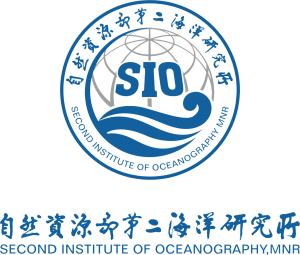SIO
Second Institute of Oceanography
Established: 1966
| Organisation type: | Research/academic institution |
| Geographical scope: | National |
| Member countries: | China |
| Participating countries: | China |
| Funding source | Percentage |
|---|---|
|
%
|
|
|
%
|
|
|
%
|
|
|
%
|
|
|
%
|
|
|
%
|
|
|
%
|
|
|
%
|
|
|
%
|
Organisation’s vision:
Directly affiliated to the Ministry of Natural Resources (MNR), the Second Institute of Oceanography (SIO) was established in 1966 and has developed into a non-profit oceanographic research institute with comprehensive disciplines, strong scientific and technological capabilities and advanced equipment support. It is mainly engaged in marine scientific researches on China seas, oceans and polar regions as well as the R&D and application of high technology for marine environmental protection and resources exploration.
At present, SIO has the only state key laboratory within the MNR system -- State Key Laboratory of Satellite Ocean Environment Dynamics and 3 key laboratories funded by MNR, a Marine Academy of Zhejiang Province co-built with Zhejiang Province, the School of Oceanography, Shanghai Jiao Tong University and Institute for Polar and Deep Ocean Technology co-built with Shanghai Jiao Tong University. In addition, SIO is also supported by some technological service institutes and systems, including center for testing and measurement and center for marine standard materials as well as the analysis and testing base in Lin’an.
Organisation’s mission:
SIO will continue to improve academic innovation ability, enhance scientific research level, further build itself into a scientific and technological think tank that can meet the great demands of our country and become a growth cradle for leading talents in the field of marine science so as to make new contributions for the development of marine undertaking in our country.
Organisation’s objectives (if different from the Mission):
Keywords
- Data Sharing
- Marine Science
- Ocean Observations
- Science Coordination
Activities
- Data management, interoperability, sharing, access, open data policies
- Defining strategies/road maps/priorities for Earth (ocean) observing/science
- Technical coordination of ocean observing

